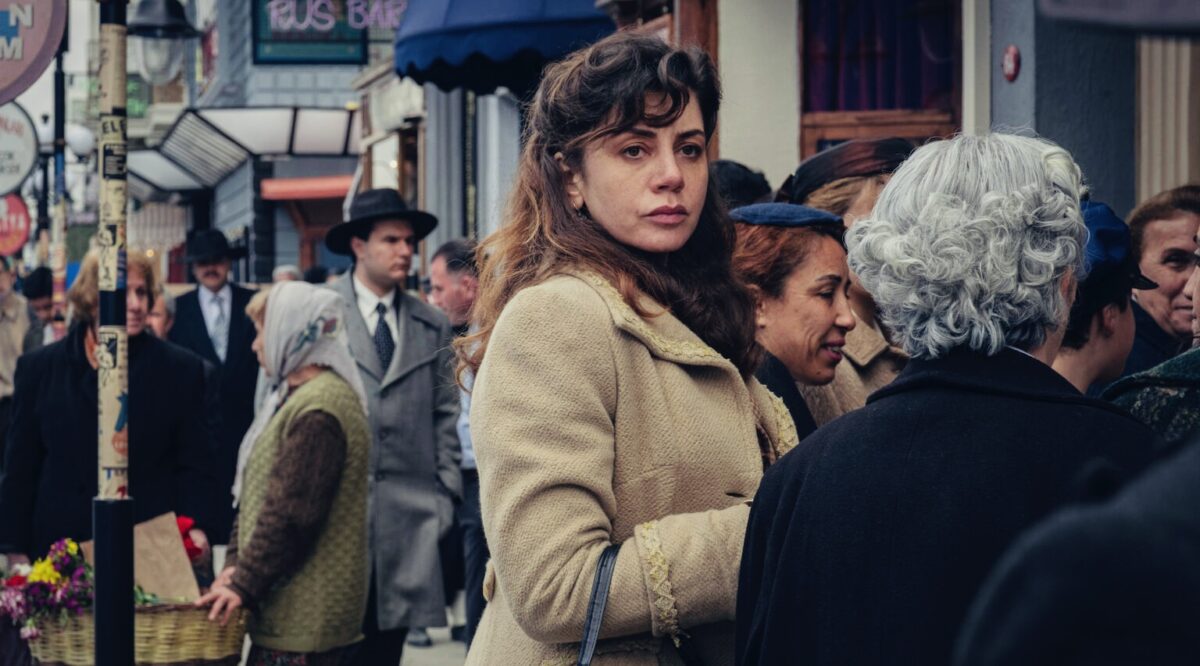The Club, a six-part Turkish Netflix drama set in Istanbul during the 1940s and 1950s, portrays Turkey’s Jewish minority soberly and frankly. It highlights the positive and exposes the negative, providing viewers with a reasonably nuanced picture of Jews in a Muslim society.
Matilda Aseo (Gokce Bahadir), the main character, is a Sephardi Jew whose family’s shipping business was ruined by a discriminatory tax imposed by the central government on Christians and Jews in the early 194os.
The notorious Wealth Tax, as it was known, was intended to raise funds for the Turkish armed forces in case Turkey, a neutral power, entered World War II. In reality, the tax was levied to improve the position of the Muslim middle-class at the expense of non-Muslims, particularly Armenians.
In the opening scene, Matilda, a seamstress and single mother, has just been released from prison. Having been convicted of murdering her Muslim boyfriend, the father of her illegitimate daughter, she has been pardoned in an amnesty.
When Matilda was imprisoned, her daughter, Rasel (Asude Kalebek), was sent to an orphanage. Now that Matilda is a free woman, she yearns to be united with Rasel, who, in the meantime, has been charged with assaulting Celebi (Firat Tanis), the sleazy manager of a nightclub.
Having convinced Celebi to withdraw the charge, Matilda tries to reconnect with Rasel, who’s bitter because she thinks she was abandoned by her mother. Amid this strife, Matilda starts working in the club as a laundress. Celebi ties to humiliate Matilda by forcing her to work during the Sabbath.
The Club unfolds in Turkish and Ladino, the primary language of Turkish Jews until the dissolution of the Ottoman Empire following World War I.
Jews were invited to settle there after their expulsion from Spain in the late 15th century. They fared relatively well under the Ottoman sultans, at least compared to the shabby treatment meted out to Jews in Christian Europe.
With the formation of the empire’s successor state, Turkey, minorities were subjected to Turkification, a government policy compelling them to blend in and use Turkish as their everyday language of communication. This was a lengthy process and it was still developing in the fourth decade of the 20th century, when The Club gets underway.
By then, Ladino was still widely spoken by Sephardi Jews like Matilda. The Club, directed by Zeynep Gunay Tan, not only highlights this phenomenon by means of dialogue, music and songs in Ladino, but tries to convey the spirit of the Jewish community through its portrayal of a traditional Sabbath meal.
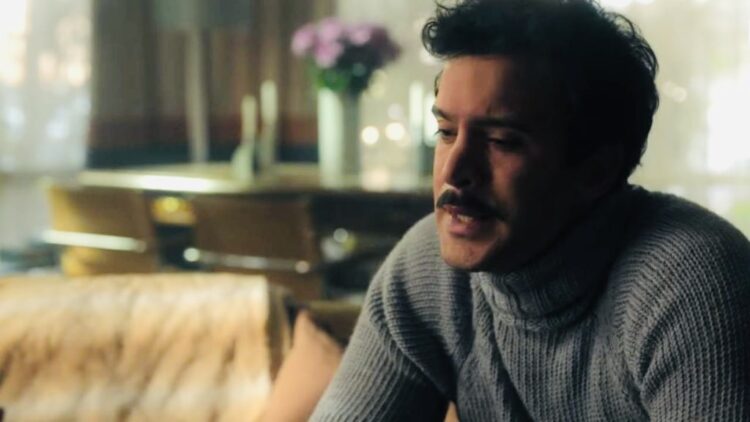
Matilda’s attempts to reconcile with Rasel partially bear fruit, but since Rasel is a flower child, she defies the norms of the day. Pretending to be a Muslim under a different name, she carries on a romantic affair with a Muslim taxi driver named Ismet (Baris Anduc), an unreliable Don Juan with a rakish moustache who has no interest in settling down. As a result, she starts dating Mordo (Ilker Kilic), a nice Jewish boy who is considering the possibility of immigrating to Israel.
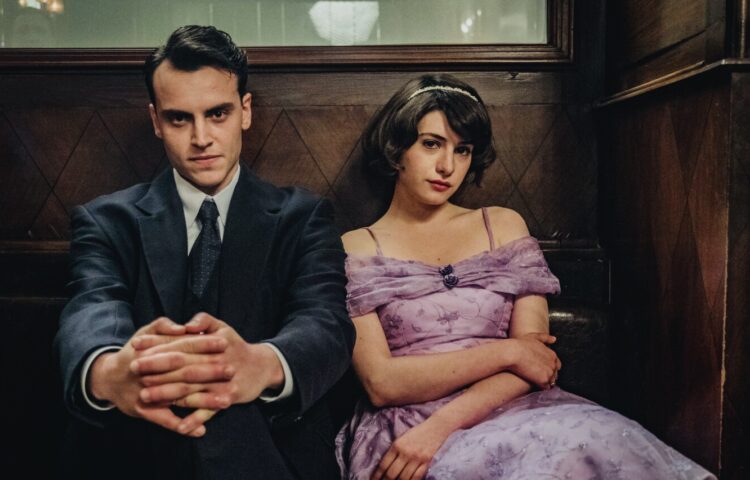
Matilda gains stature in the nightclub when Selim Songur (Salih Bademci), its temperamental lead entertainer, selects her as his dresser and confidante. But Matilda constantly clashes with Celebi, a conniver and sexual predator.
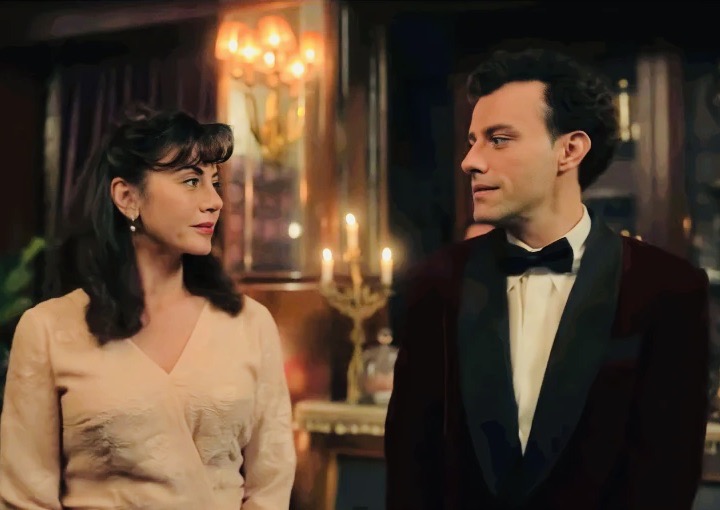
During the third episode, there is a flashback to 1942, when the Wealth Tax, or the Varlik Vergesi, was introduced and Matilda’s father was dispatched to the Alkali labor camp because he was unable to pay his clearly unfair tax bill. During this period, Matilda shot Mumtaz, her father’s employee, thinking he had betrayed him to the authorities.
Turkey’s less than noble approach to its minorities is exposed when the club’s manager, Orhan (Metin Akdulger), is pressured to sack his non-Muslim employees, consisting of Armenians, Greeks and, of course, Jews like Matilda. “The country is changing,” says Orhan, who conceals his real identity. “Non-Muslims will have to accept it.”
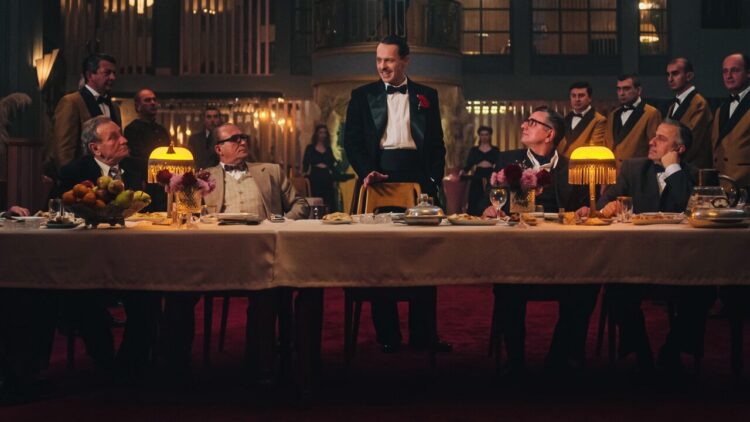
Judging by The Club, Turkey in the mid-20th century is a nation in flux, being no longer as tolerant of Christians and Jews as it was during the most liberal periods of the Ottoman epoch.
